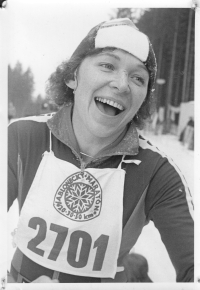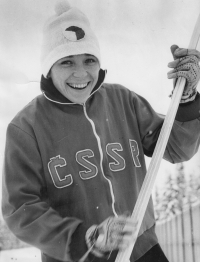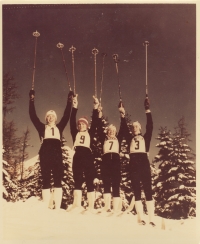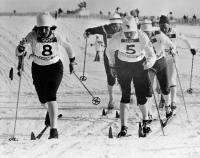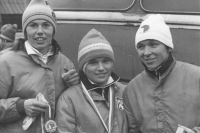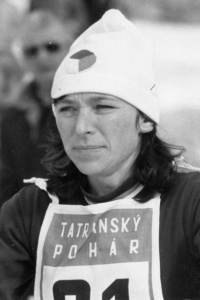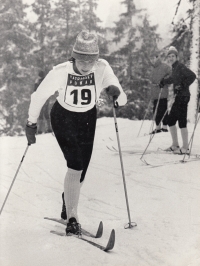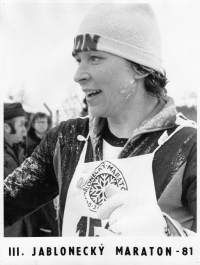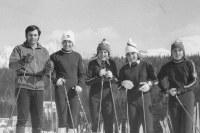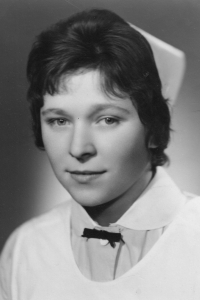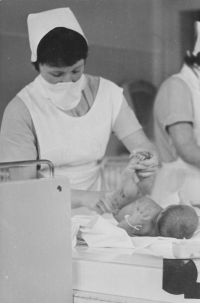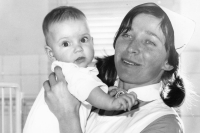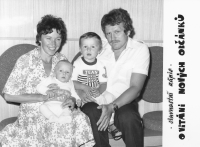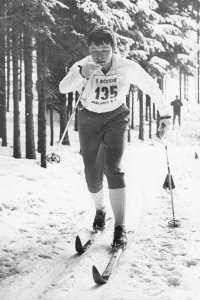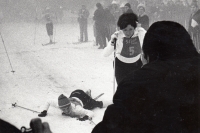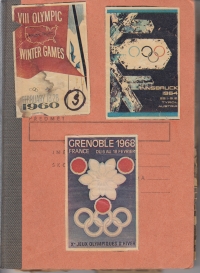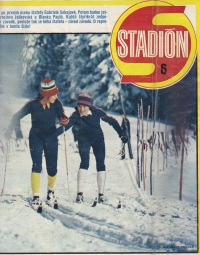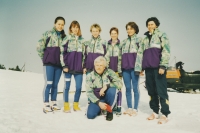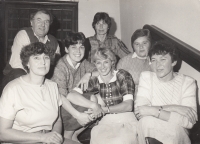Bronze skier trained so hard that she fell asleep standing up during the night shift
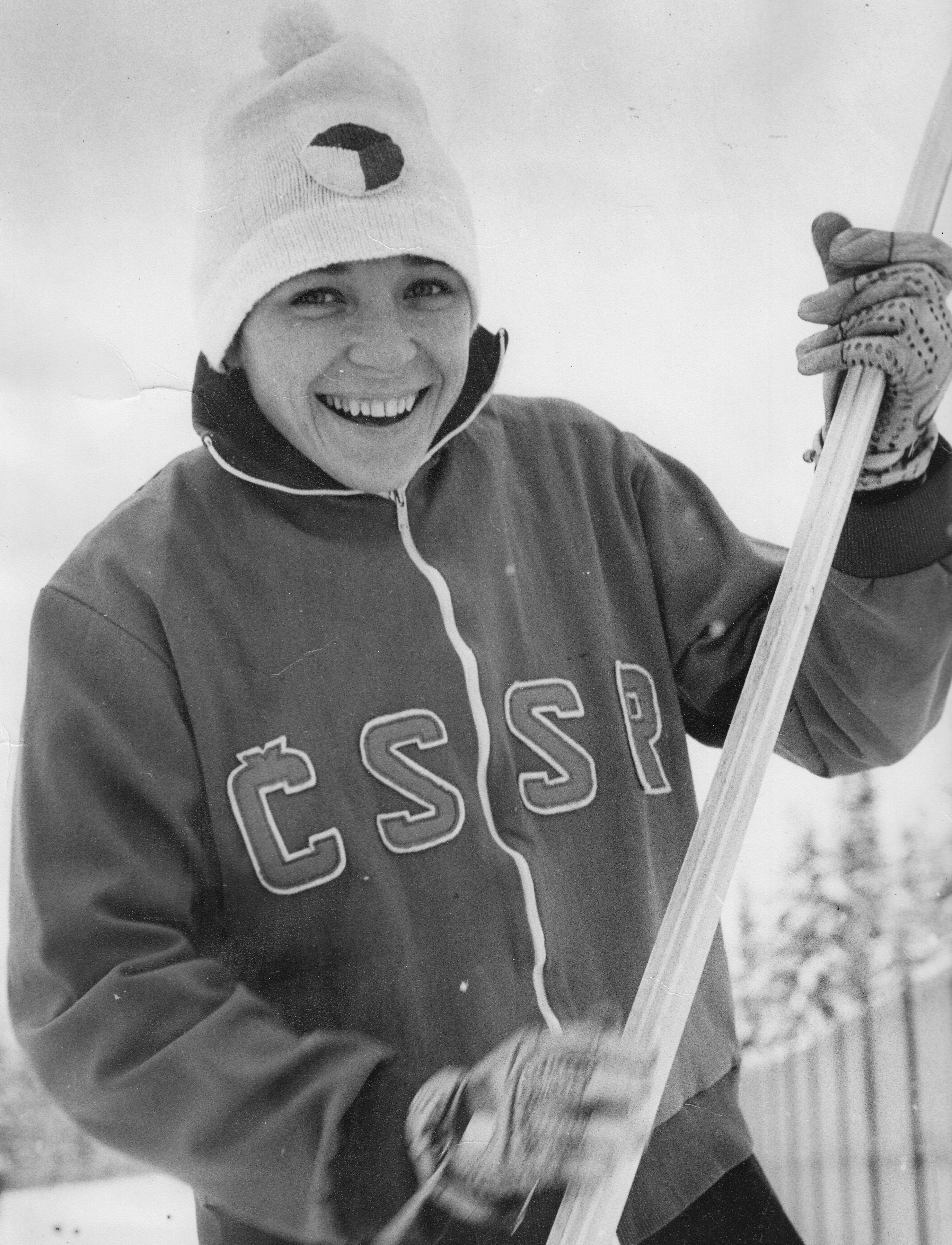
Download image
Alena Bartošová, née Kocourová, was born on 17 September 1944 in Pipice near Železný Brod. When she was two years old, the family moved to Jablonec nad Nisou, where they bought one third of a villa left by an expulsed Sudeten German. Alena Bartošová began her sporting career at the end of primary school as a speed canoeist. She graduated from the Secondary Medical School in Liberec and started to work at the neonatal and children’s ward at the Jablonec hospital. At the age of seventeen, she switched from canoeing to cross-country skiing and at twenty fought for a place on the Czechoslovak national team. She had to combine sport with her work as a nurse. In 1970 she won fifth place for Czechoslovakia in the relay at the World Championships in the High Tatras. In 1972, she participated in the Winter Olympic Games in Sapporo, Japan, where she finished sixth in the relay and sixteenth in the five-kilometre race. In 1973, she won the national championship in the ten-kilometre race. She came third in the relay at the 1974 World Championships in Falun, Sweden. She also represented Czechoslovakia at the 1976 Winter Olympics in Innsbruck, Austria. She won the sixth place in the relay. She then retired from her career as a top athlete and worked in health care until her retirement. She and her husband, Jiří Bartoš, a cross-country ski coach, raised two sons. In 2023 she had two grandsons and one granddaughter and was living in Jablonec nad Nisou.
